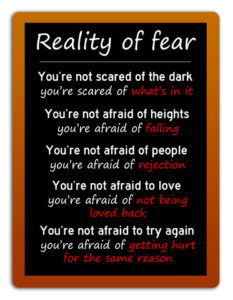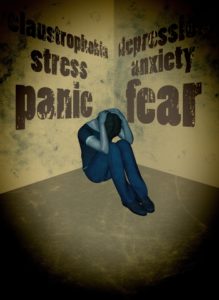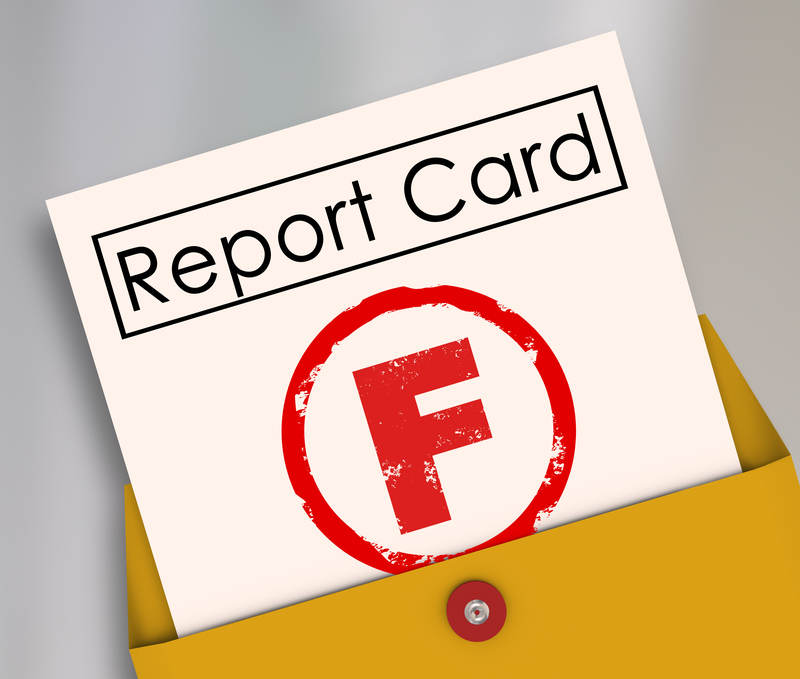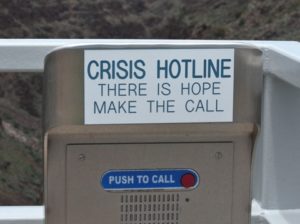
There’s a reason why some people make it a point to never to worry until it’s time to worry. What’s going to happen will happen, and they refuse to worry about things that haven’t occurred yet- and may never come to pass.
Too many people worry needlessly, which is why we had the stock market crash and the numerous closing and shortages of necessities last year, when COVID first hit. Was and is COVID something to be concerned about? Absolutely! But was and is it something to panic over. No.
The COVID crisis is just an example. But even before the crisis, people worried needlessly.

“Oh, my God! My girlfriend is going to leave me!”
“My boss is mad at me! I’m going to get fired!”
“My grandmother is 89 years old! Oh, no! She’s going to die soon!”
“Oh, no! We have a thunderstorm, so a tornado is likely to hit!
“I’m afraid to drive a car because I could have an accident and die!”
“My kid is not studying! He’s going to make bad grades!”
“Oh, no! China is mad at us and is likely to invade us!”

There’s nothing wrong with being concerned over something if there’s a threat. But freaking out over it as if it’s the end of the world doesn’t help matters any.
No one is saying that you should put on rose-colored glasses and pretend that everything’s peachy king because to go to the opposite extreme is just as dangerous. Not that I’m putting anyone down, but running out and buying a five-year supply of toilet paper like so many did when the pandemic first hit was a bit extreme. There’s a healthy middle we should stay in when it comes to worry. I could understand stockpiling things like food and medical supplies and maybe cleaning supplies. But toilet paper?
But, ‘you see? That’s what excessive worry does to people. It causes them to make irrational decisions.
Studies show that over half the things we incessantly worry about never end up coming true. So, again. Should we worry needlessly and excessively?

Understand that excessive worry only stops us from being able to think clearly and blocks our ability to make good choices and decisions. If we’re too worried, we’re more likely to make the wrong decisions to try and contain a perceived threat. Also, it lessens our capacity to focus on real problems.
But if we lessen our worry, we’re more likely to come up with better solutions to our problems.
And the best part is, if we train ourselves not to worry excessively, we’ll have more happiness and peace of mind.
With knowledge comes empowerment!






